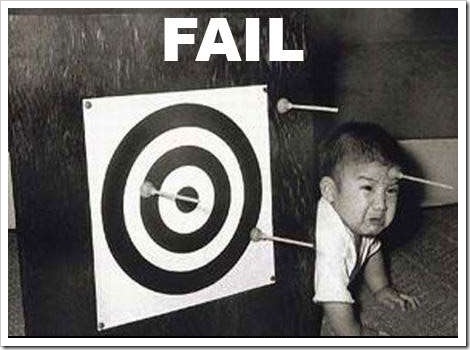The Movie Pitch of “Regret”
Christian Joseph, who is now a divorcee, walks into his apartment. Through the window, he sees the colorless world; a city of grey. He, standing in the middle of the living room and watching the grayish sunset, takes out his 9mm pistol from the right pocket of his trench coat. He then brings the mouth of his pistol to his head. His pistol, shaking eagerly to eat his head, approaches slowly and steadily to his head, inch-by-inch. Now only 4 inches left, his pistol stops but still shaking. His forefinger now fumbles to search for the trigger, and when it finally touches, it firmly twines the trigger. After few seconds, his forefinger pulls the trigger. The bullet moves forward to Joseph’s head, but gradually time slows down and so does the bullet. When the bullet finally touches Joseph’s head, it stops. All becomes dark at sudden.
He, frustrated by the unexpected situation, tries to move, but his effort is vain. Somehow his consciousness thinks of situation as a lock in a door. And when he thinks of the image of ‘key’, all becomes white at sudden.
When his eyes finally adapts to the light, he is floating in the ceiling of a room in the hospital. There he sees the doctors and the nurses all standing around a women, who tries to give birth to her little baby. Along the doctors, he sees a familiar face; his dad. He now realizes that this is the moment of his birth. He is then sucked into the flesh of baby, and all becomes dark again.
When he blinks his eye, he is now 17 years old, standing in the aisle of his high school. There he sees his first-love, but she is in blurred image. All, even the color of tile, is lucid but her face is dim. He then acts as he did in the past: being so shy to confront her. He always tries to see her face but when the chance comes and she looks at him, he turns his head.
When he blinks again, he now is in the cafeteria with a girl who later becomes his wife. He then enjoys wonderful time dating with her. Everything seems so bright when he is with her.
A sheet of paper slapping his face, he blinks his eyes again. At first he doesn’t realize what is going on, but not long after, he realizes that it’s the time of his divorce. He and his wife now have married and have a daughter and a son. They had a wonderful time until his business went wrong and they are on the huge debt. Sick of paying debts penny-by-penny and hiding from creditors, his wife finally declare a divorce. He is astonished and frustrated. With his eyes out of focus, he signs the sheet and leaves the house.
Finally it comes to the present where he enters his apartment. He grabs the knob of the door. Before he turns the knob, he once again thinks of his life. He now regrets his attempt to suicide. But this regret was the ‘key’ to his door. He tries to change his destiny, but he still turns the knob and goes into his apartment. Being irresistible, his face is now distorted by the fear and the regret. But still he can’t change anything. He takes out his gun and aim at his head. He yells but it’s no use. It only echoes in his mind. His forefinger now grabs and pulls the trigger. This time, time doesn’t slow down. The bullet finally penetrates his head.
By the reaction of the gun, he falls to the left. Then he looks at the window again. Everything becomes colorful, and there he sees the red sunset burning the sky with zeal.






